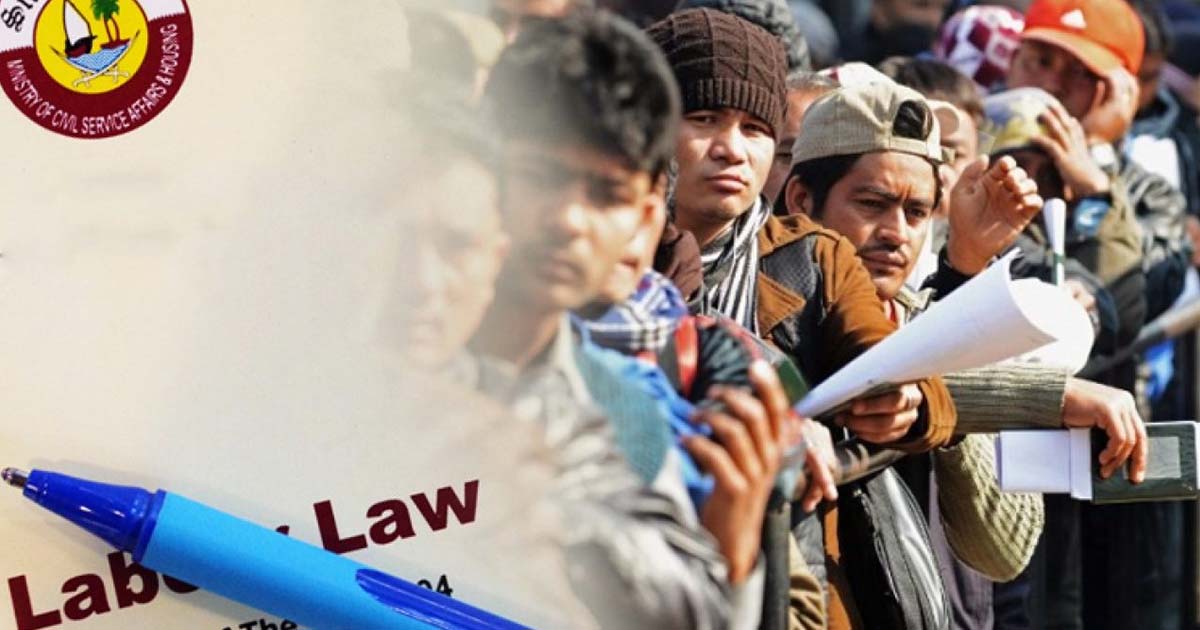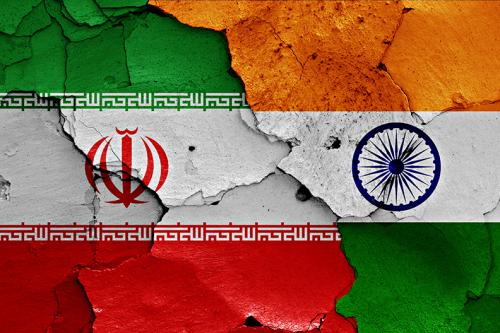As the State of Qatar is certain to follow a comprehensive reform package before the FIFA world cup 2022, a new law has been introduced to determine minimum wages across the country. The authorities have confirmed that not only law is being introduced in the matter of minimum wages but also it will scrap mandatory exit visas for all workers. All these developments and several other attempts made by the world’s highest per capita income have made Qatar an emerging modern Muslim state.
Doha is keen to show it is tackling allegations of worker exploitation as it prepares to host the 2022 soccer World Cup, which it hopes will boost its economy and development.https://t.co/yfEPQZJhzX
— Daily Times (@dailytimespak) October 18, 2019
It is pertinent to mention here that the Gulf state relies on about two million migrant workers for the bulk of its labor force was facing criticism from the Western world for not being able to address issues related to fundamental rights of labor. Qatar is also planning to ease curbs on changing employers, Qatar’s administrative development, labor, and social affairs ministry said.
Qatar and its labor laws have been under criticism ever since the country was named the host of the 2022 FIFA World Cup. The government in Qatar has repeatedly promised to ensure the safety of workers.
Read more: Qatar ‘Kafala’ System Abolished: Good News for Migrant Workers
Qatar last year eliminated exit visas for some foreign migrant workers, but rights groups considered the reform incomplete as it did not apply to domestic workers and allowed companies to keep the visa requirement for up to five percent of staff.
The International Labour Organization (ILO), a UN employment rights agency which has been working on reforms with the Qatar government since 2017, described the measures as “a momentous step forward in upholding the rights of migrant workers” and said they were aimed at ending the “kafala” (sponsorship system).
"Young men have a very low incidence of heart attacks yet hundreds of them are dying every year in Qatar attributed to cardiovascular causes. The clear conclusion I draw from this as a cardiologist is that these deaths are caused by deadly heatstroke."https://t.co/xYl2h5KFKW
— Jo Maugham (@JolyonMaugham) October 2, 2019
It is worth noting that Qatar has decided to abolish its controversial “kafala” system. In recent days, there have been several reports and articles which pointed out degrading work conditions and the absence of any mechanism to protect migrant workers in Qatar. The ILO said the Gulf country’s ministers had agreed to end kafala and also introduce “a non-discriminatory minimum wage, the first in the Middle East”.
It is important to understand that Kafala ties workers to so-called sponsorship by their employer, meaning they cannot move jobs or leave the country without the employer’s approval. Human rights groups have campaigned for years to have kafala abolished across the Gulf, whose countries use millions of low-paid immigrant workers mostly from the Indian subcontinent. Fifa’s decision to locate the 2022 World Cup in Qatar has hugely increased scrutiny, and the Qatar government ultimately responded by signing formal cooperation with the ILO promising to implement improvements.
Read more: The rise of Tourism Industry in Qatar: Prospects and Challenges
Interestingly, Qatar is viewing sports and games not only events but an opportunity to expand its tourism industry with an intention to introduce several tourist destinations in the country. The tourism sector, in Qatar, is offering new avenues to the investors and businesses with remarkable growth which has reportedly reached 11% as of August.
The FIFA Club World Cup is an international men’s association football competition organized by the Federation International de Football Association (FIFA), the sport’s global governing body. It attracts people from across the world to watch the tournament which helps the host country to present its soft image before the world.
The authorities in Qatar have made it clear that every possible step is being taken to ensure the safety of workers from heat-related injuries.
Some good news from soccer + politics: Increased human rights scrutiny ahead of the Qatar World Cup yields progress for migrant workers https://t.co/NAESNybbBB
— Urban Nehrd (@lukegarrott) October 17, 2019
The government has introduced a work ban that does not allow manual labor in unshaded outdoor areas between 11:30 and 3 pm from mid-June to August. Qatar’s Government Communications Office said, “Qatar has made substantial progress on labor reforms and it continues to work with NGOs, including the International Labour Organization, to ensure that these reforms are far-reaching and effective.” The authorities have also instructed employers that laborers should not work more than five hours during the summer period.
Qatari authorities and the Supreme Committee also said it had conducted research with the ILO and climate academics to assess the impact of workplace heat stress on workers, which looked at mitigation measures including on-site cooling rooms and improving rest break schedules.














